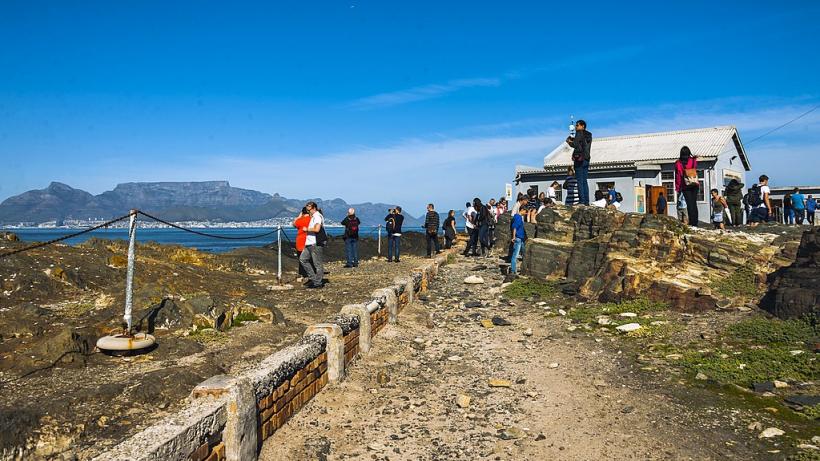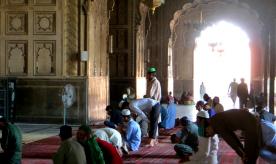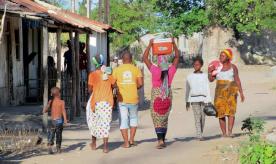Tourism and terrorism: Evidence from North Africa
Tourism is a potentially vital source of income in many low income economies, but it can be affected by political instability. These issues are brought into sharp relief by studying the situation in the Middle East and North Africa where since 2010, a number of countries have destabilised politically with bouts of rioting, armed conflict, and terror attacks. The economies of countries affected have suffered, unemployment has sharply increased and, there is a distinct danger that economic decline and violence will form a vicious circle.
This project studies the mechanism by which violence affects economic activity at the local level. For this purpose, researchers study how recent events of terrorism and rioting affected tourism in two Arab Spring countries, Egypt and Tunisia. Their experience provides applicable knowledge for countries that are seeking to build their tourist industry in the face of instability.
- The first aim of this project is understand to what extent violence risk affects tourism locally, how far this effect spreads, and how persistent it is across time. Previous research indicates that violence and instability have a disastrous effect on the macro economy, but the causal channels for this relationship are still not well-understood. Tourism offers a unique chance in this regard as hotel prices and credit card purchases are observable at a highly disaggregated level, both in terms of time and space, allowing researchers to develop and estimate a model of how demand reacts to instability.
- The second aim is to distinguish responses to risk, generated by a predictable pattern of violence across time and space, from responses to uncertainty, generated from violence with an unknown distribution. In this regard, researchers expect rioting to follow the first pattern while terrorism follows the second. The reaction of tourism in Tunisia and Egypt to these two forms of violence offers a unique opportunity for research.
- The third aim is to analyse the media as a conduit of risk perceptions. Researchers will study news in tourists' home countries, therefore having the ability to separate out the effect of objective risks at destination from risk perceptions at the source.
The analysis of all three channels could help governments and aid agencies understand the role played by security in economic development. Apart from these more general aims, the project aims to understand tourism itself better, a crucial sector for the region and one that has been in steady decline since the surge of violence. The research should also provide tangible numbers on how much violence depresses tourism locally and nationally, to what degree and how quickly it can recover in the absence of violence, and what role the media plays in these effects.







